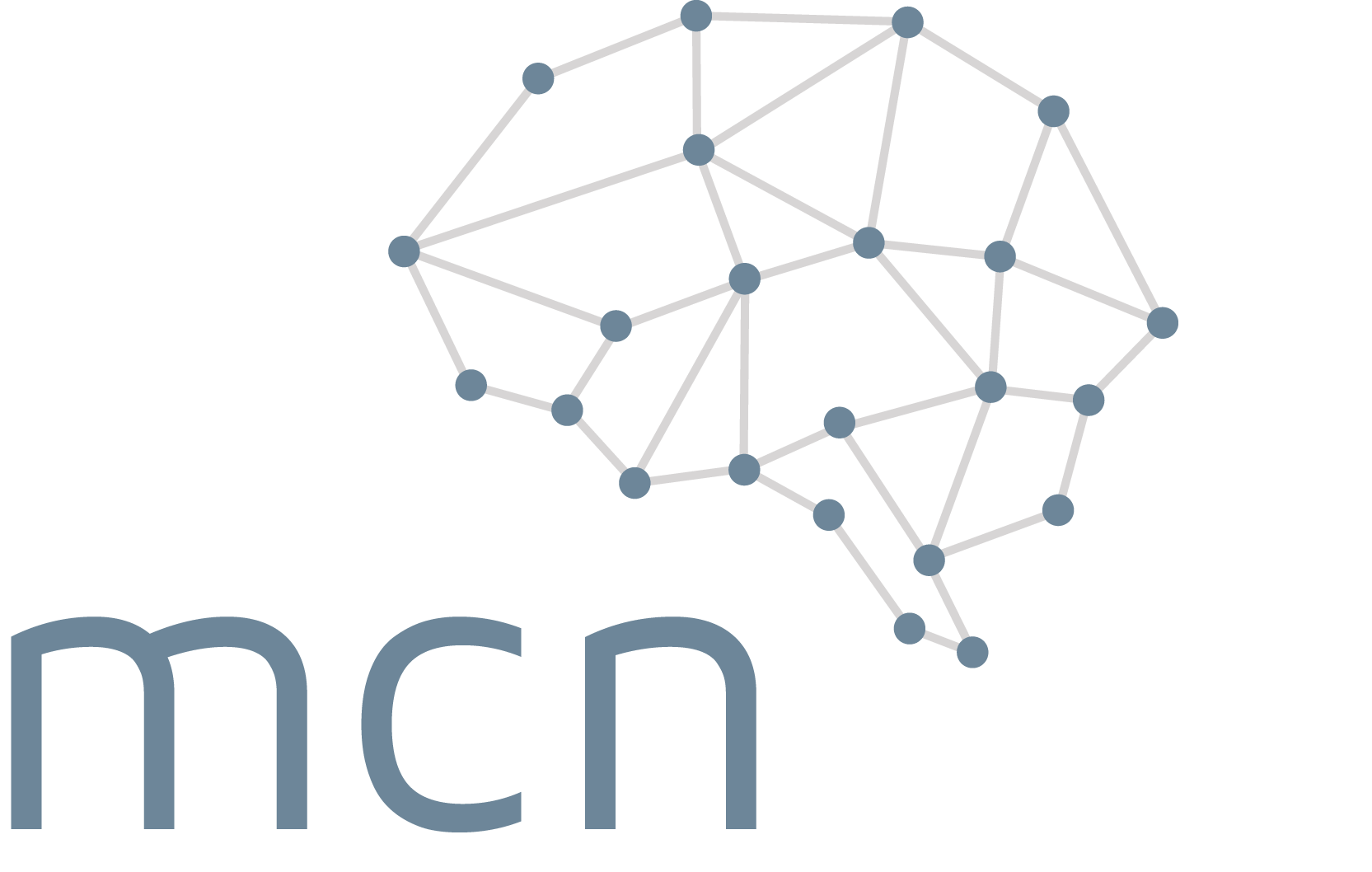On 10 December 2021, Dr Christine Blume from the Centre for Chronobiology and Monika Angerer (University of Salzburg) received the Christian Doppler Prize of the State of Salzburg (Austria) for their joint work on circadian rhythms in severely brain-injured patients.
In their research, the two scientists deal with so-called circadian rhythms. Many biological and psychological processes of almost all living beings follow a circadian (Latin: circa “around”, this “day”) pattern. This means they are rhythmic with a period length of about 24 hours.
Circadian rhythms are controlled by the internal biological clock located in the suprachiasmatic nuclei of the hypothalamus. In healthy people, consciousness also varies in a circadian rhythm. Thereby, these fluctuations are inextricably linked to the sleep-wake rhythm. Light functions as the primary zeitgeber. A phase shift or uncoupling of different rhythms can affect cognitive abilities (e.g. attention) or the immune system.
We know that patients with disorders of consciousness, who suffer from severe brain damage, are often affected by circadian rhythm disturbances. However, it is still unclear how these rhythm disturbances affect the clinical condition of the patients and whether they could be a therapeutic starting point.
In the three papers submitted, Christine Blume and Monika Angerer therefore investigated whether the integrity of circadian rhythms is linked to the clinical condition of patients with disorders of consciousness.
